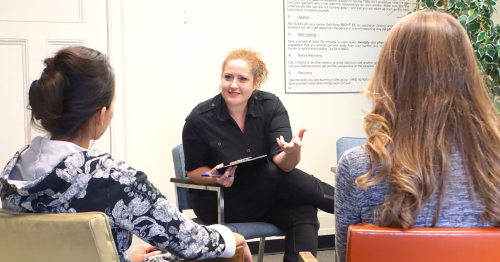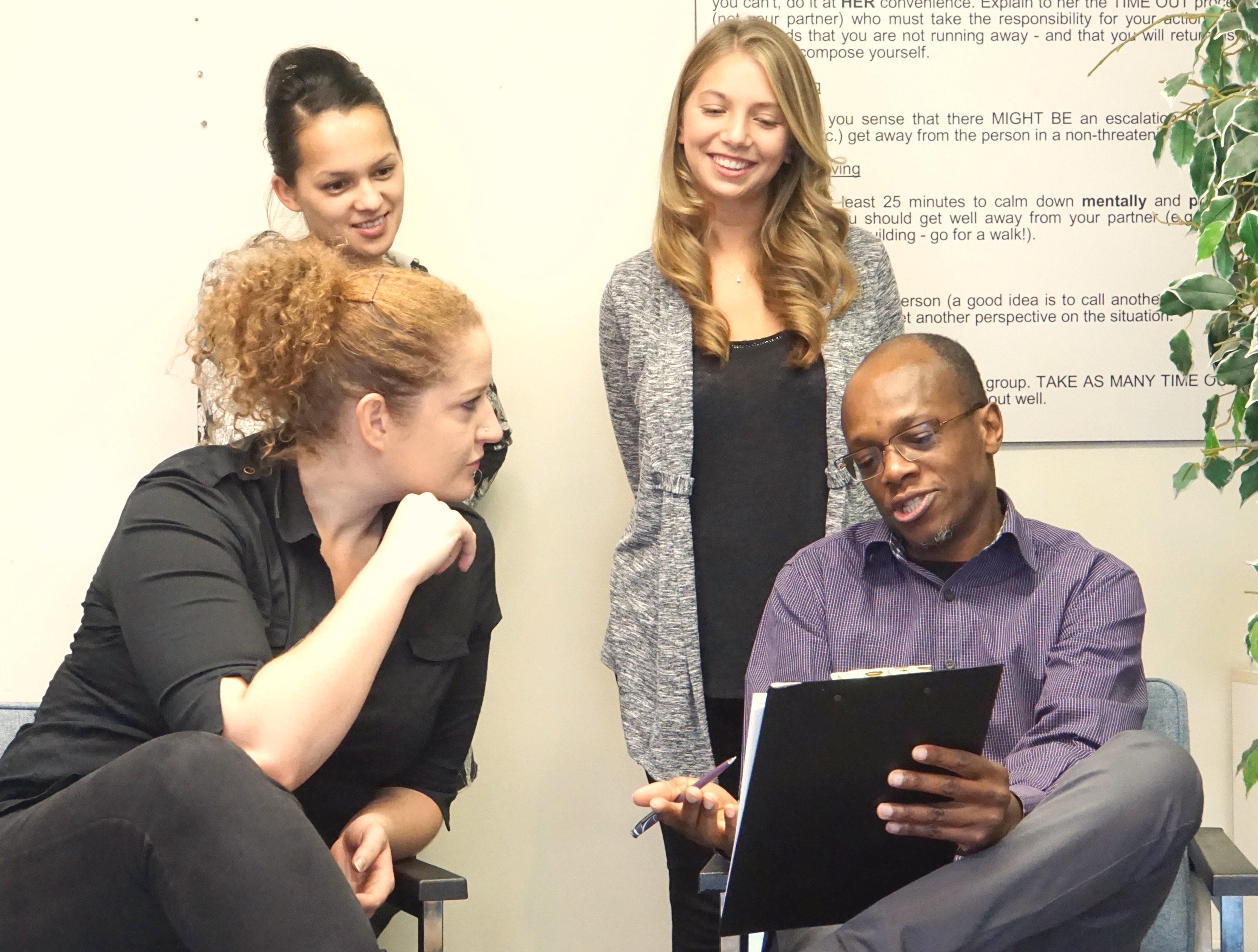
The School of Social Work Field Placements give students the opportunity to put theory into practice through an immersive experience at an agency or organization on or off campus. The variety of field placement settings is reflective of the diversity of social work positions available for graduates. All field placement settings are selected on the ability to provide a quality learning experience for students. Field Placements are also referred to as field practicum, stage, internship, field education, field work, or field courses.
Objectives for Field Practice Education

- Develop practice competence
- Prepare students to become self-evaluating, knowledgeable, and competent social workers
- Provide students with the experiential opportunity to integrate theory, values, and skills
Field Instructors

- Provide mentorship
- Guide the professional development of future social workers.
- Provide experiential learning opportunities for students to develop their social work practice.
McGill Field Instructors have access to:
- Special workshops and training opportunities.
- An Online Information Repository with tools and exercises to support field instructors.
French Courses
The French Language Centre (FLC) offers students in Health Sciences and Social Work specialized French as a Second Language (FSL) courses in order to help them prepare for the practice of their profession in Quebec.
To find out more, please see the brochure listen to what students have to say about the courses, or contact sue.harrison [at] mcgill.ca (Sue Harrison) for more information.
French courses with program-specific content for students in Health Disciplines and Social Work offered in A2018 and W2019.
Grading
Field Placement Courses are not awarded a letter grade; they are evaluated on a Pass/Fail basis.
Safety

The following are suggested topics to discuss:
- Behaviours from service users/clients that may pose a threat to the personal safety of students.
- The possibility of violence resulting from mental health issues, lack of medication, or in response to limitations and rules of the organization.
- Clients who have a known history of violence.
- How to recognize signs of potential danger in the field placement setting.
- Sexual harassment and how to respond.
- How to recognize when a situation is getting out of control, strategies for diffusing a potentially explosive situation, and intervening in such a way as to work positively with a very distressed person.
It is recommended that:
- Students are made aware of any procedures or protocols that the agency has in place for dealing with issues of violence or personal harassment.
- Students discuss any concerns related to personal safety with their field instructor immediately.
- Students report any incidents of verbal or physical abuse to their field instructors.
- Students are never left alone in a potentially dangerous situation.
Sexual Harassment Regulations
The Sexual Harassment policy has now been updated to reflect the McGill-wide policy. Please see the Assessors/Harassment, Sexual Harassment and Discrimination website.


